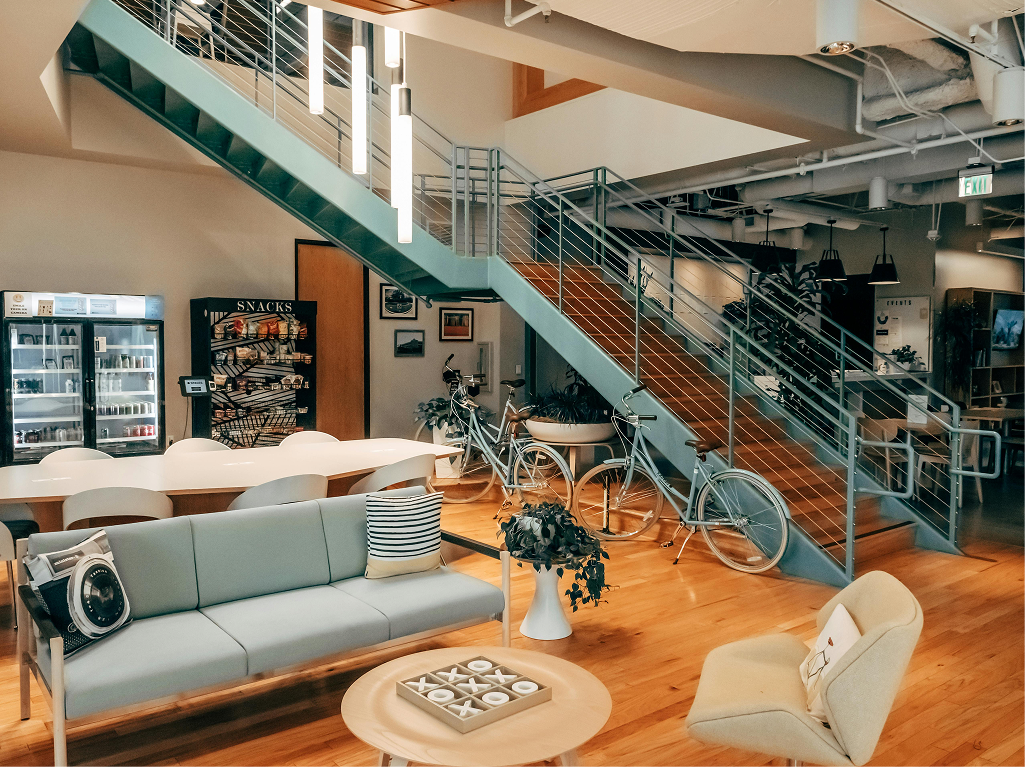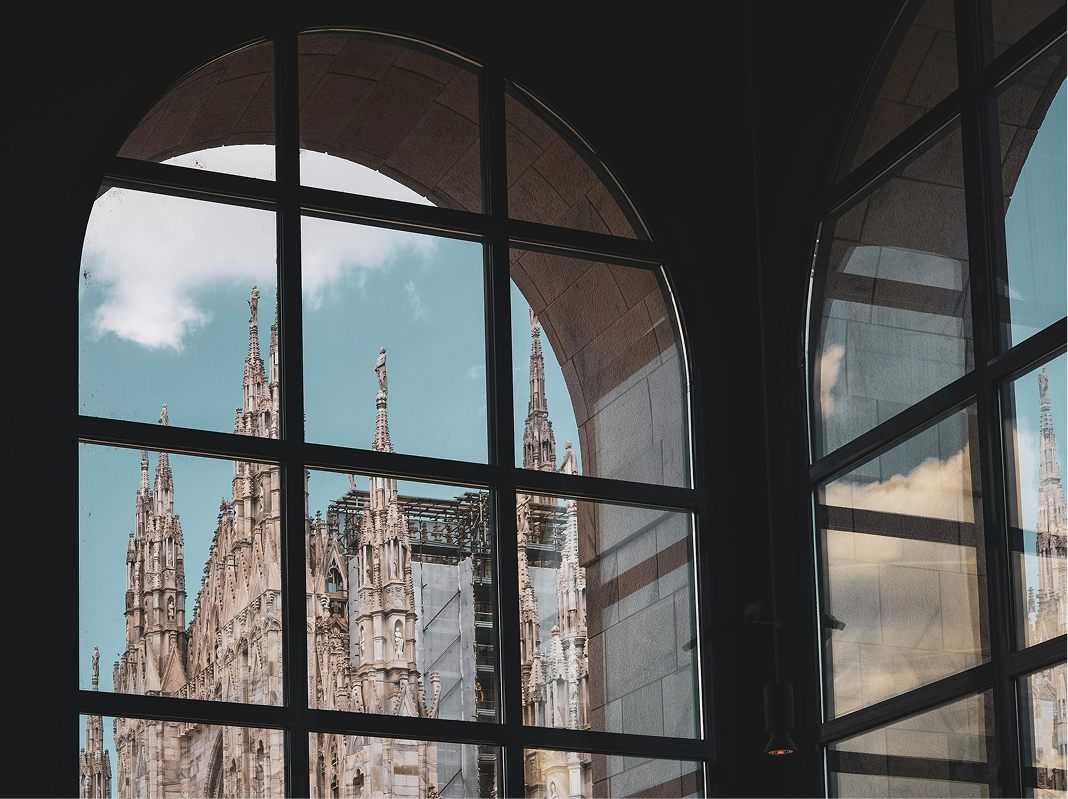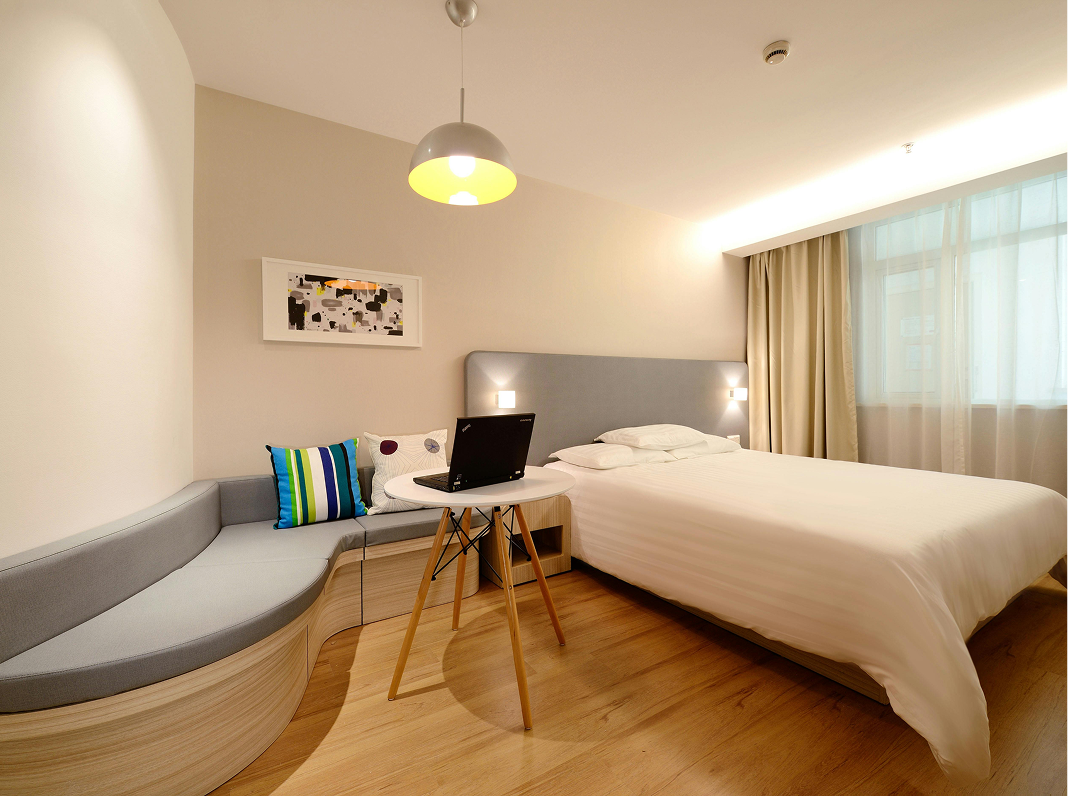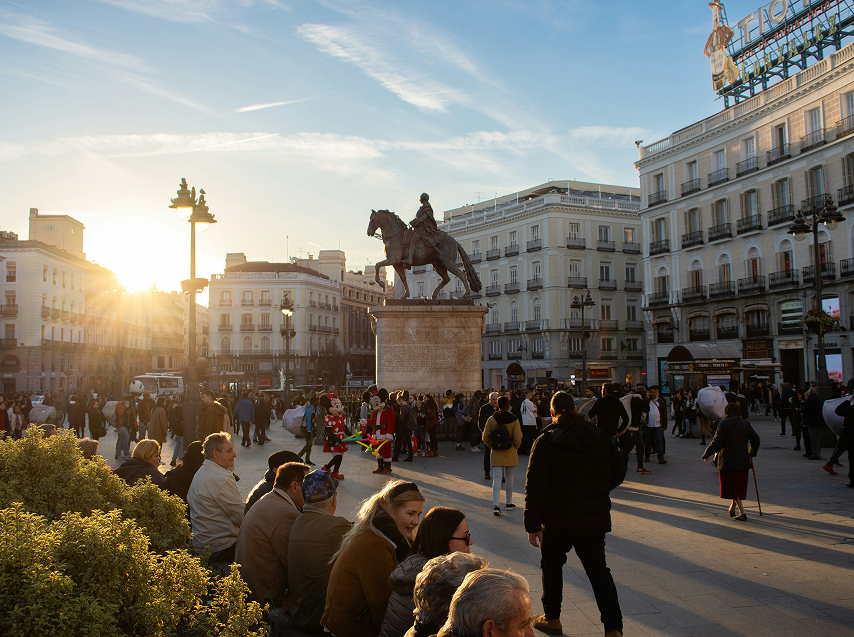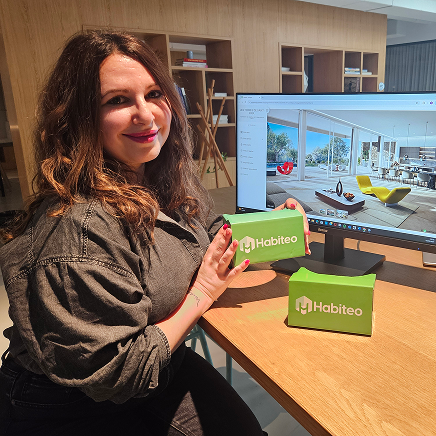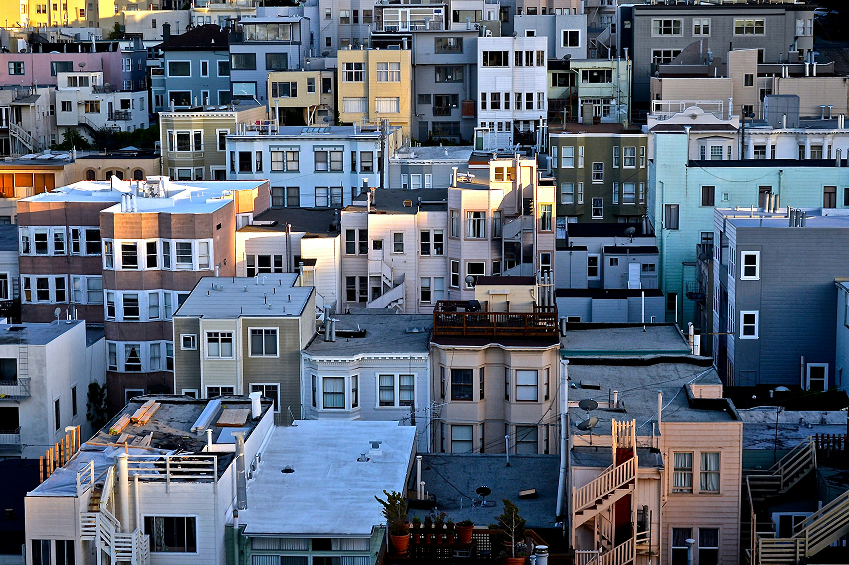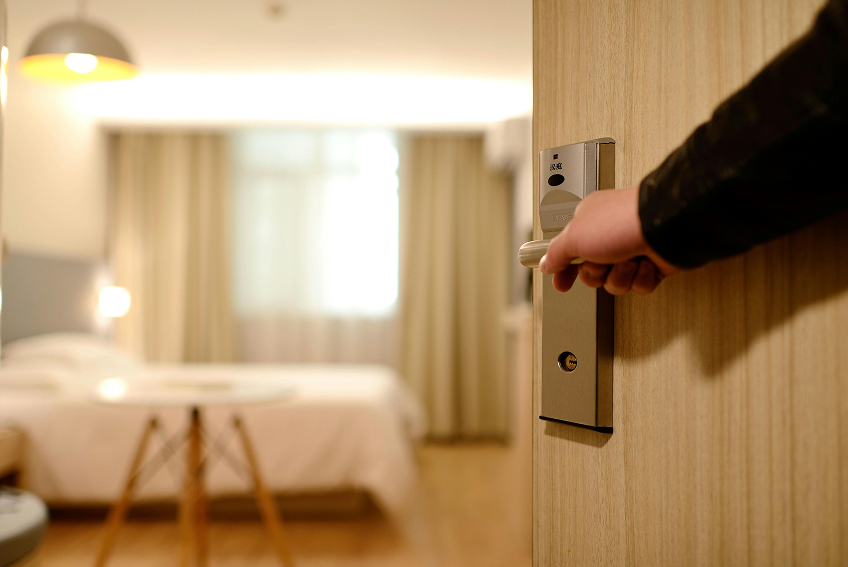Index
Receive our newsletter
Located in the heart of England, Birmingham is the second-largest city in the United Kingdom and one of the most diverse and multicultural. With a rich history dating back to the Industrial Revolution, it has evolved into a dynamic center for innovation, education, and culture. Its blend of historic and modern architecture, international culinary scene, and extensive canal network, even longer than Venice's, make it a highly recommended destination. The city is home to iconic landmarks such as Victoria Square, the impressive Library of Birmingham, St. Philip’s Cathedral, and the renowned Jewellery Quarter, reflecting its history and growth.
How to get to Birmingham?
Birmingham has excellent transportation connections, making it easy to reach from anywhere in the UK and the world. Its International Airport (BHX) offers flights to numerous destinations, while Birmingham New Street train station is a major railway hub connecting key cities. It also has a network of long-distance buses linking it to major towns across the country.

Bus: the X1 line of National Express West Midlands operates between the airport and the city center. The journey takes between 20 and 30 minutes, with tickets costing around £2.50.

Metro: while the metro does not reach the airport, Grand Central station, located at Birmingham New Street, provides quick connections within the city and to Wolverhampton, with fares starting at £2.40.

Train: the Air-Rail Link train service connects Birmingham Airport to Birmingham International station in just 2 minutes. From there, trains to Birmingham New Street take about 10 minutes and cost approximately £3.50.

Taxi or private transport: taxis and services like Uber are available 24/7. The journey to the city center takes around 20 minutes, with fares ranging between £25 and £30.
Living in Birmingham
What is the cost of living in Birmingham?
Birmingham is more affordable than cities like London, though prices vary depending on the area and lifestyle. Rent ranges from £500 for small studios to £1,200 for larger apartments. Public transport costs around £50 per month, while dining at local restaurants typically costs between £10 and £15 per person. For a more detailed price breakdown, you can check sites like Expatistan.
How to move around Birmingham?
Getting around Birmingham is easy, thanks to its efficient transportation network:

Metro: the metro connects central Birmingham with Wolverhampton, stopping at key stations like Snow Hill and Grand Central. Tickets cost around £2.40 per trip and can be purchased from vending machines or via the Swift app. It operates from 5:00 AM to 11:30 PM, with trains running every 8-10 minutes during peak hours.

Bus: operated primarily by National Express West Midlands, the bus network covers the entire city and surrounding areas. A daily pass costs £4.50, and a monthly pass costs £62, both offering unlimited rides. Major routes run from 4:30 AM until midnight, with some night options available.

Commuter Trains: ideal for visiting nearby towns like Solihull or Coventry, with fares ranging from £3 to £7 depending on the destination. Operated by West Midlands Railway, they offer frequent services and discounts for students and groups.
Taxis and Apps: local taxis and apps like Uber are available 24/7, with starting fares from £3.50. Uber also allows fare estimation and offers options such as electric or premium vehicles.
What are the best universities in Birmingham?
Birmingham is renowned for its academic excellence and is home to several prestigious universities, each with its own strengths. The city attracts thousands of national and international students each year, offering high-quality programs in research, technology, business, arts, and humanities. It also features modern facilities, a vibrant student life, and excellent professional development opportunities due to its proximity to major industries and companies.
Here are some of the most important universities:

University of Birmingham
Established in 1900, this university is recognized for its excellence in research and beautiful campus. It offers programs in sciences, arts, engineering, and business, attracting students from around the world.

Aston University
Known for its programs in business, engineering, and applied sciences. Its central location makes it a convenient choice for international students.

Birmingham City University
Specializing in arts, design, and creative media, it also offers a wide range of courses in law, health, and technology.

Newman University
Focused on personal and professional development, it is ideal for those seeking an inclusive environment and specialized programs in education and humanities.
Tourism in Birmingham
What are the best parks in Birmingham?
Birmingham offers a variety of parks that provide spaces for relaxation, recreation, and outdoor activities. Cannon Hill Park is one of the most popular options, featuring vast green areas, walking trails, and a lake where visitors can enjoy boat rides. It is also home to the Birmingham Wildlife Conservation Park, a small zoo with exotic species and conservation programs. In the city center, Eastside City Park blends green spaces with modern interactive fountains, making it a popular gathering spot for young people and families.
For those looking for a more natural setting, Sutton Park is one of the largest urban parks in Europe, with forests, meadows, and lakes perfect for hiking and cycling. Lickey Hills Country Park, located on the outskirts of the city, offers trails with varying levels of difficulty and breathtaking panoramic views. Both parks are ideal for an outdoor getaway at any time of the year.
What monuments and historical sites does Birmingham have?
Birmingham is a city with a rich historical and architectural heritage, reflected in its impressive monuments and landmark buildings. From cultural squares to ancient mansions, every corner tells a story of the city's evolution over the centuries.

Victoria Square
Considered the cultural heart of the city, this square stands out for its impressive architecture and sculptures, such as The River by Dhruva Mistry. It is also home to Birmingham Town Hall and the City Council House, both of significant historical and architectural value.

Cadbury World
More than just a chocolate factory, this is an interactive experience that tells the story of chocolate and the Cadbury brand. It offers guided tours that showcase the production process, from cocoa beans to the final chocolate bar, along with immersive exhibitions, interactive games, and tasting opportunities for visitors.

Aston Hall
A grand 17th-century Jacobean mansion, carefully restored to preserve its original splendor. It offers guided tours that allow visitors to explore its magnificent halls, period decor, and fascinating art collections. Surrounded by extensive historic gardens, it is an ideal place to stroll and immerse yourself in Birmingham’s history.
.jpg)
The Library of Birmingham
One of the largest public libraries in Europe, famous for its modern architecture and panoramic terrace views. Its innovative design makes it a cultural landmark, featuring multiple reading rooms, study spaces, and an extensive collection of books and manuscripts. It also hosts temporary exhibitions, making it a vital center for knowledge and learning in the city.
.jpg)
St. Philip’s Cathedral
This Baroque-style cathedral, built in 1715, is a symbol of Birmingham’s history. Its stained-glass windows, designed by Edward Burne-Jones, are one of its main attractions, known for their vibrant colors and artistic detail. The cathedral also hosts concerts and cultural events, as well as guided tours that provide insights into its history and architecture.
What museums are there in Birmingham?
Birmingham is home to a fascinating array of museums that showcase its rich cultural and historical heritage. The Birmingham Museum and Art Gallery is renowned for its outstanding collection of Pre-Raphaelite art, alongside exhibits on archaeology and local history. For science enthusiasts, Thinktank offers an interactive experience with exhibitions on technology, a planetarium, and sections dedicated to industrial history. Meanwhile, The Jewellery Quarter Museum allows visitors to explore the city's legacy in the jewelry industry, featuring preserved workshops and exhibitions on the craft of jewelry making.
Leisure in Birmingham
What is the nightlife like in Birmingham?
Birmingham’s nightlife is diverse and exciting, offering options for all tastes. Some of the most popular clubs include:
.jpg)
Rosies
A well-known nightclub in the city center, offering multiple spaces with different music styles. With three floors and VIP areas, it is an ideal destination for those looking for a fun night out with friends. Its themed events and parties make it one of the best nightlife options in Birmingham.

Popworld
A club famous for its lively atmosphere and pop music from all eras. With colorful decor and an always-energetic dance floor, it is the perfect place for those looking for a fun night filled with classic hits and modern pop songs.

XOYO
An iconic club in Birmingham, especially popular among students and fans of indie and alternative music. Featuring multiple dance floors and a vibrant atmosphere, it offers a mix of classic hits, pop-rock, and modern tunes. Its accessibility and inclusive environment make it one of the best options for enjoying the city's nightlife.
Where to go shopping in Birmingham?
Birmingham is an ideal shopping destination, offering a wide variety of retail options that combine major shopping centers with alternative creative spaces. Bullring & Grand Central is the commercial hub of the city, featuring impressive architecture and a mix of renowned brands and luxury boutiques. Grand Central, located above New Street Station, enhances the shopping experience with dining and entertainment, making it a must-visit for both locals and tourists. Meanwhile, Mailbox offers a more exclusive shopping experience, with designer boutiques such as Harvey Nichols, high-end home decor stores, and art galleries, along with fine dining restaurants overlooking the canal.
For those looking for more alternative options, The Custard Factory, located in the Digbeth district, is a vibrant space filled with independent shops, vintage clothing stores, and art galleries. This area also hosts events and markets, making it a dynamic creative hub. On the other hand, The Great Western Arcade, with its elegant Victorian passage, offers a unique selection of specialty shops, including bespoke tailoring, artisan chocolate shops, and fine wine boutiques, providing a more relaxed and refined shopping experience in a historic setting.



